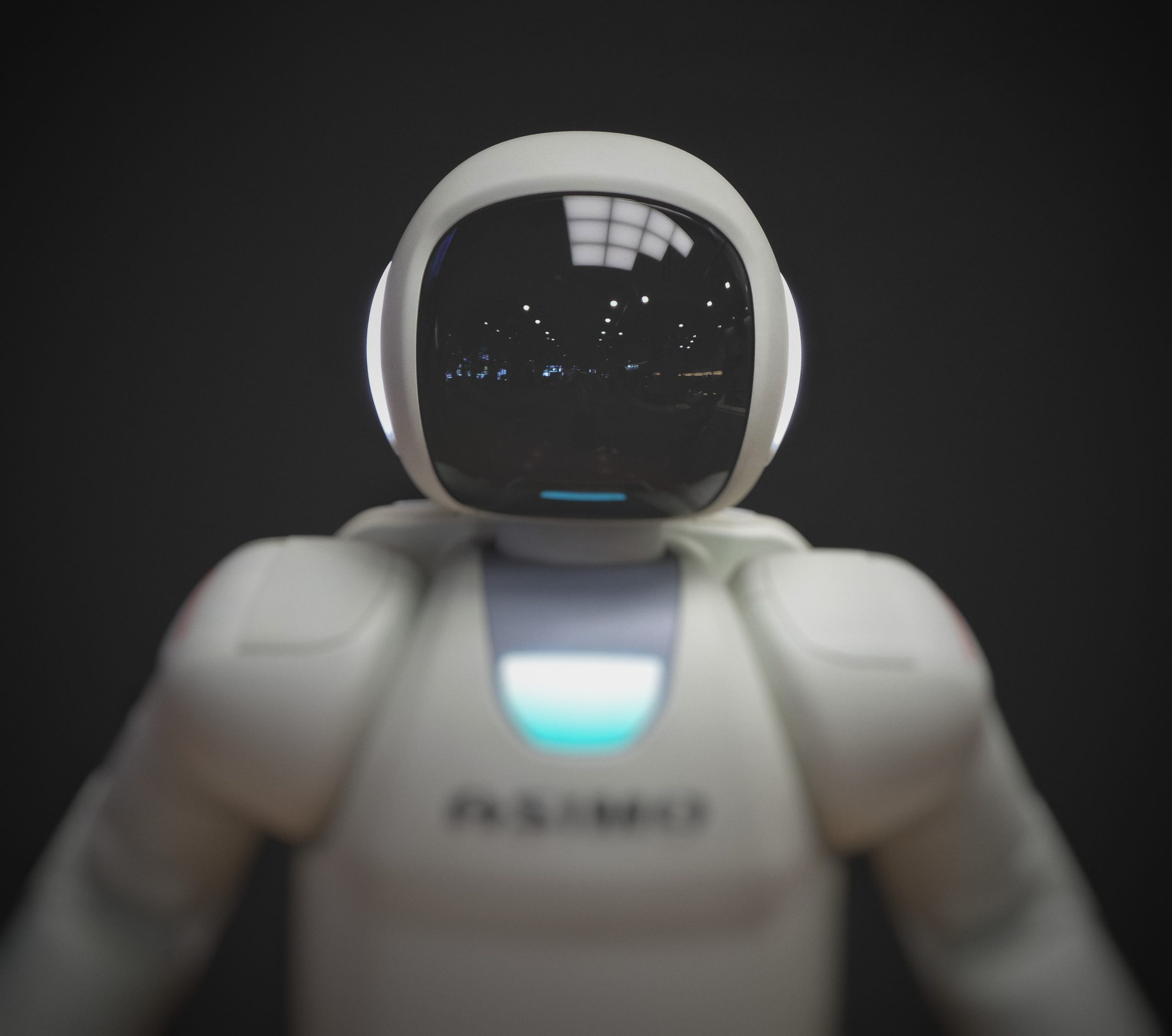Here is a frightening scenario for the future of leadership. What happens when it’s demonstrably true that an AI makes far better business judgments than a human leader?
But I hear you say leadership is not simply about the ability to process large amounts of data, understand complex problems, draw on a vast amount of knowledge and make rational decisions. A computer can’t inspire, a machine can’t have a vision and get people excited about their part in delivering that future. An AI can’t engage with employees and gain their trust and confidence. Are you sure?
Given a friendly name and a reassuring human voice and people seem perfectly willing to make a relationship with an AI . I am thinking of the ship’s computer in 2001 A Space Odyssey. But most science fiction films have an AI with a reassuring human voice who people implicitly trust because the computer is never wrong, well not very often. You trust the human voice on your sat nav to get you where you want to go. Where your sat nav let’s you down and sends you down an unmade up rural track or requiring you to Ford a river too deep for your town car, human error has usually played its part. And in my option it wasn’t Hale who got it wrong on that space ship but human paranoia.
On the subject of emotions that is where humans score over AI. The whole point of computers is that they are rational, non emotional. Increasingly we are told that leaders need to score high on Emotional Intelligence (EI)and that EI is as important if not more important than IQ in an effective leader. But what does EI look like in practice, and could an AI fake it? EI is what leaders use to manage people.
It’s getting to know your team as individuals, it’s being prepared not just to listen but to hear, it providing positive feedback, praise and encouragement , it’s developing trust and mutual respect. An AI couldn’t do that, could it? Well returning to the space ship the difference between a computer with the brain the size of a planet and an AI is that an AI has your psychological profile it knowns you as an individual and is perfectly capable of applying that knowledge in your one to ones.
Perhaps I am getting carried away with the idea that sooner than we think an AI will be able to do everything that a good leader can do but better. Leadership within an organisation will have the benefit of AI so better business judgments can be made but those judgments will need to be tempered by a strong sense of business ethics and a leader with a moral compass. Back to science fiction Asimov’s first law of robots, “a robot must not harm a human or by inaction allow harm to come to human”. What we need is an updated version of this law to govern how organisations treat their employees and do business. Perhaps we could get one of those smart AI’s to draw up something.









